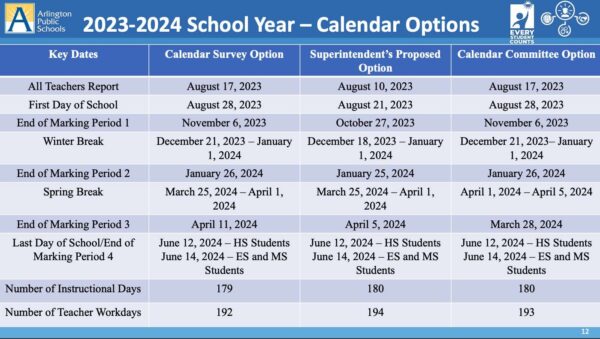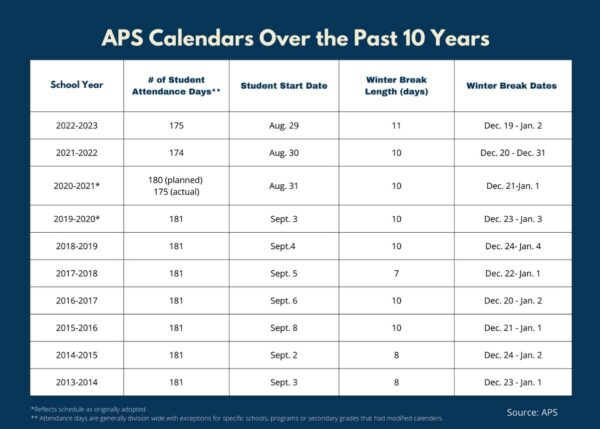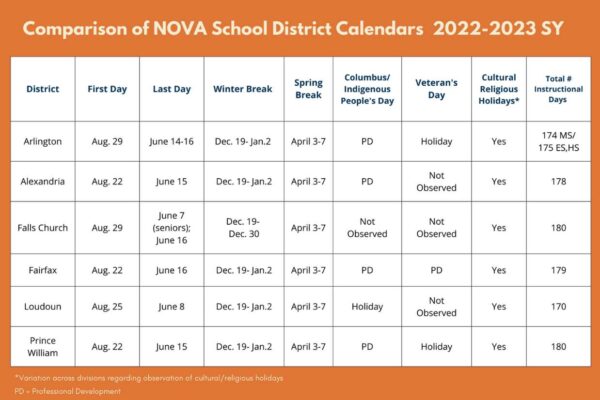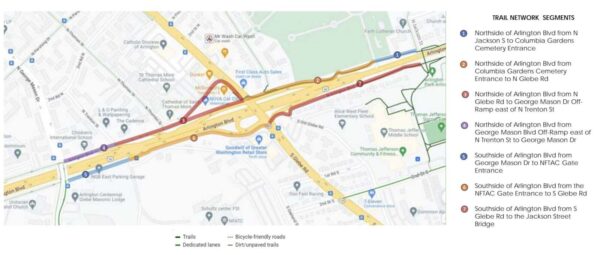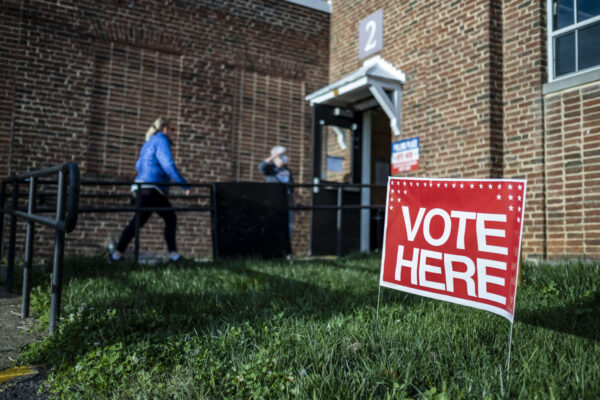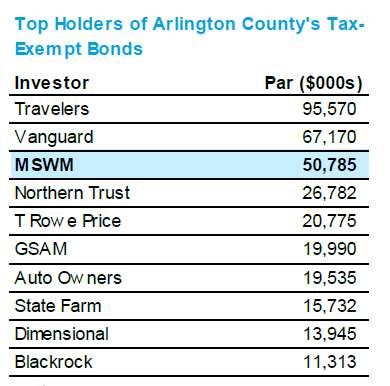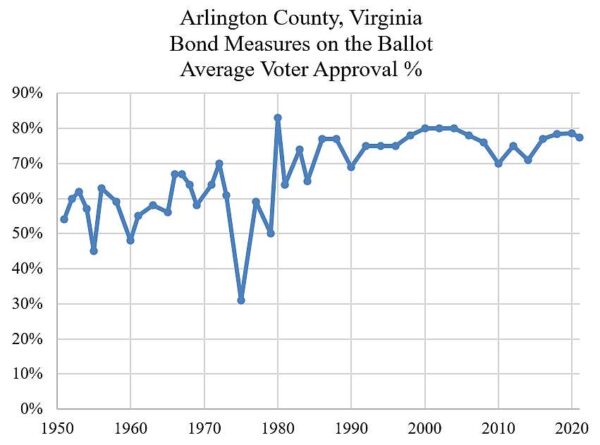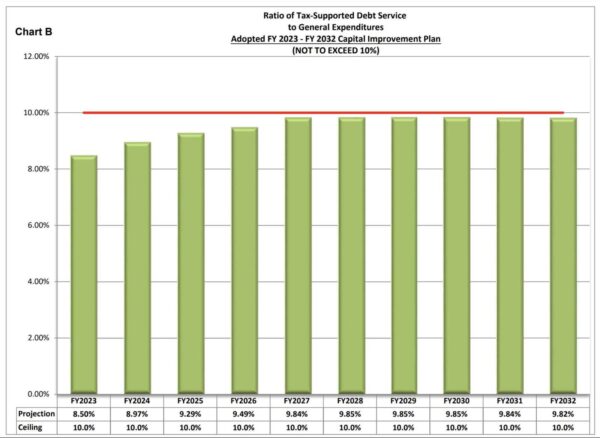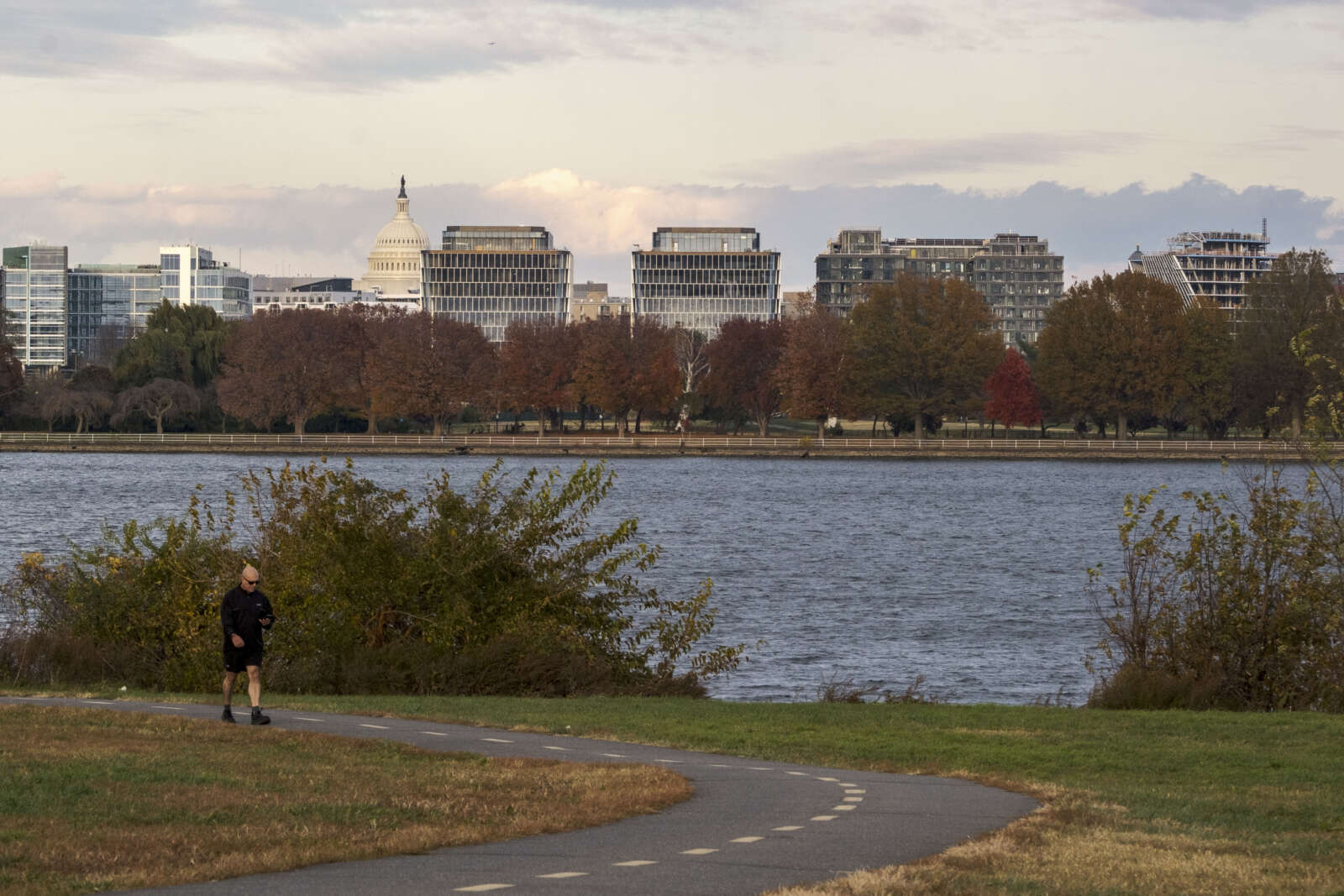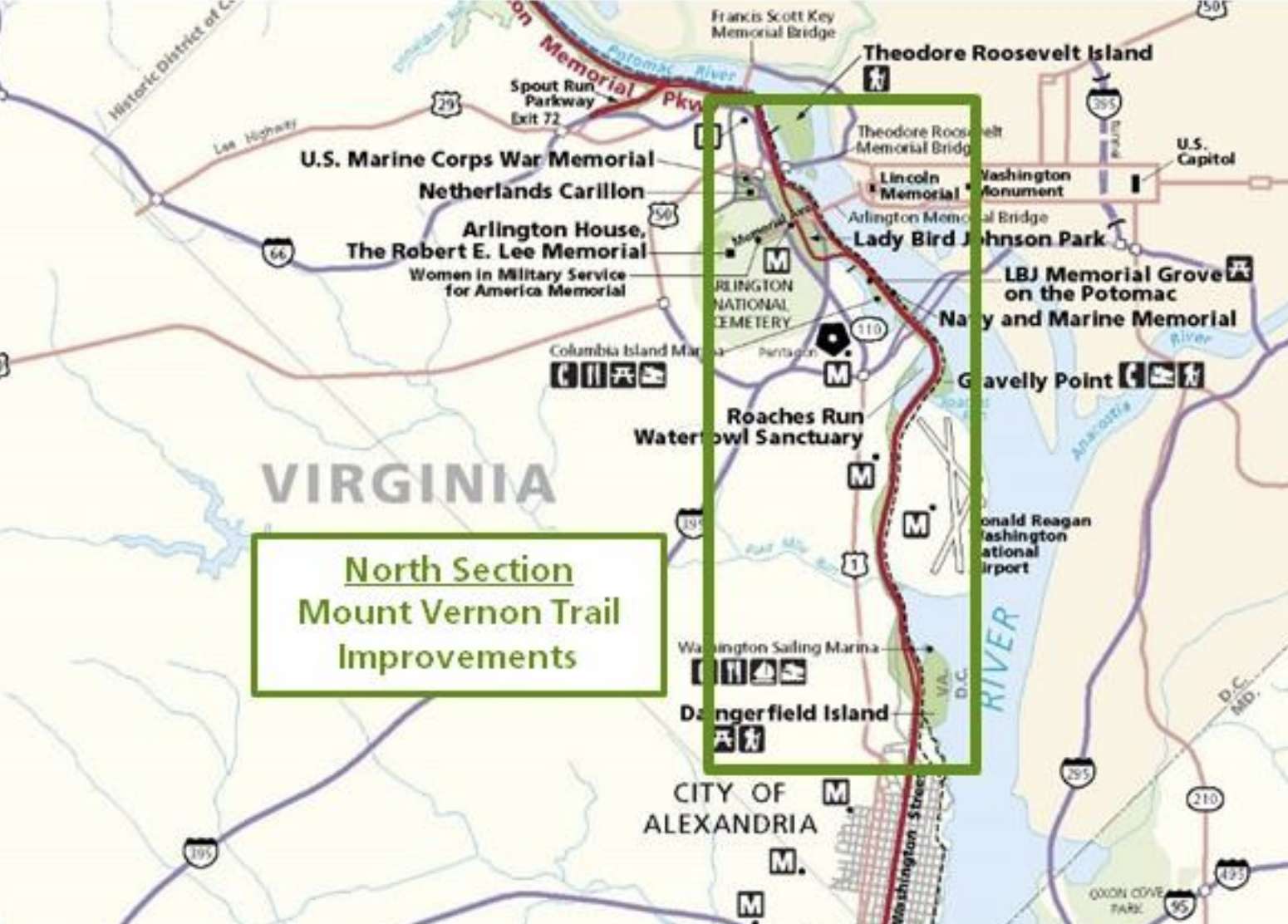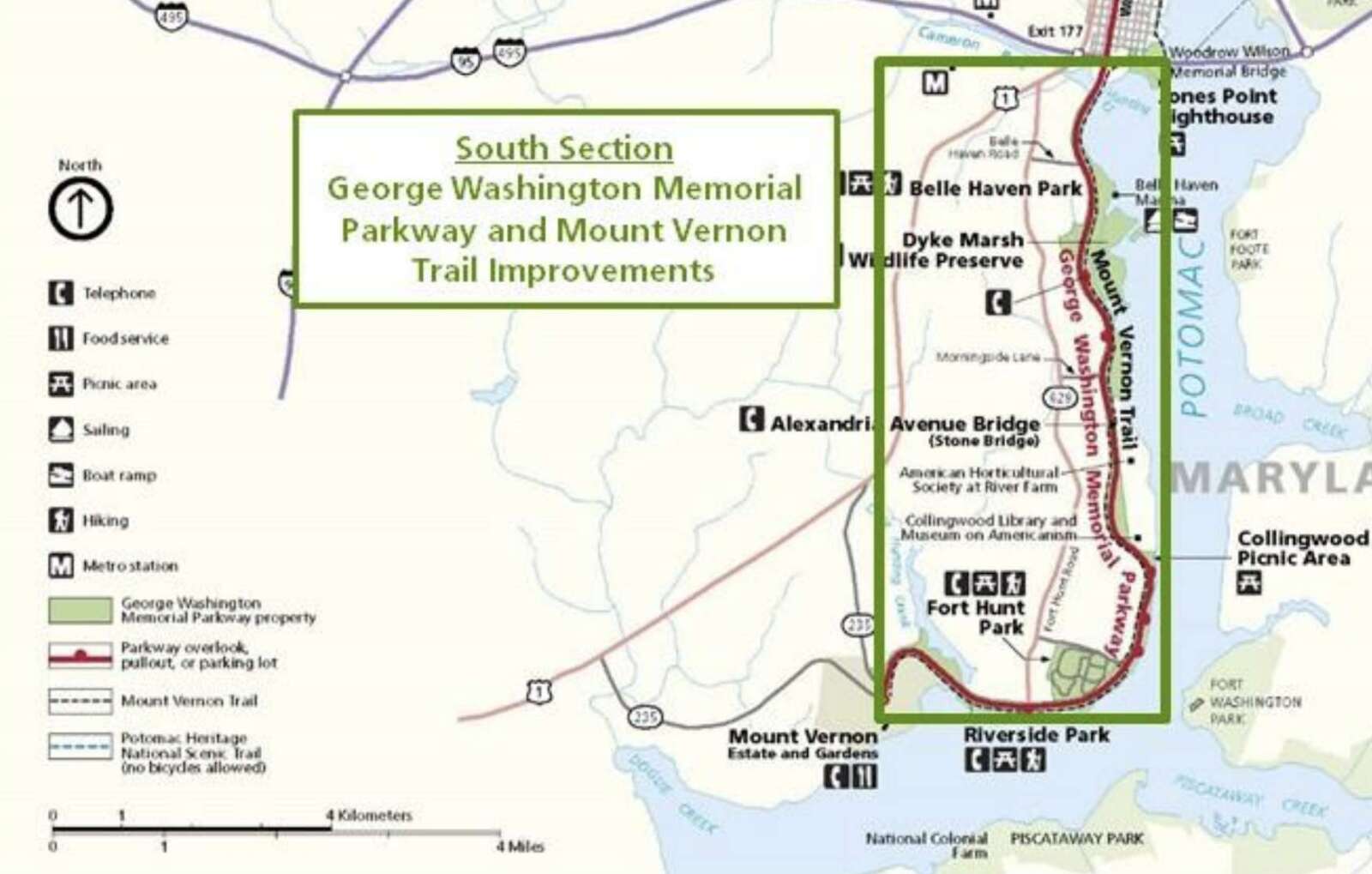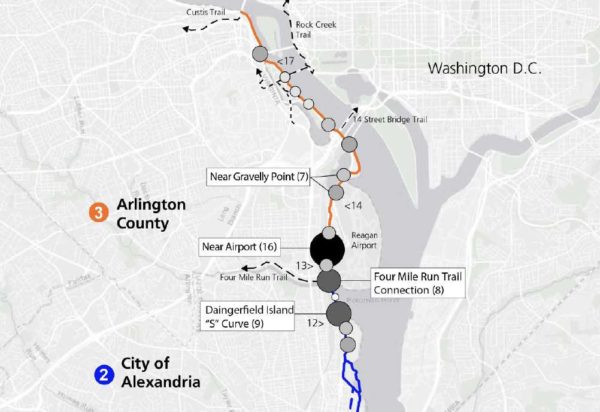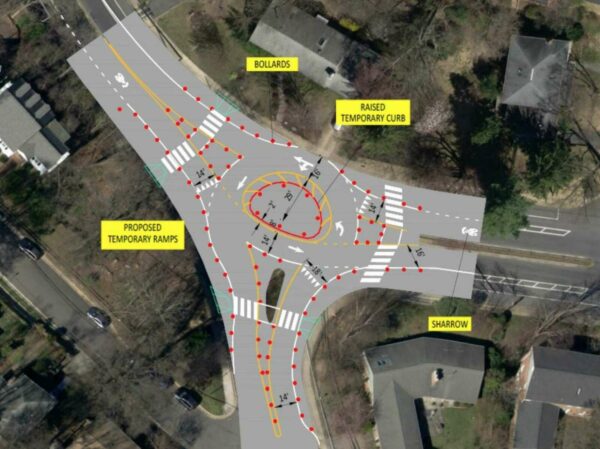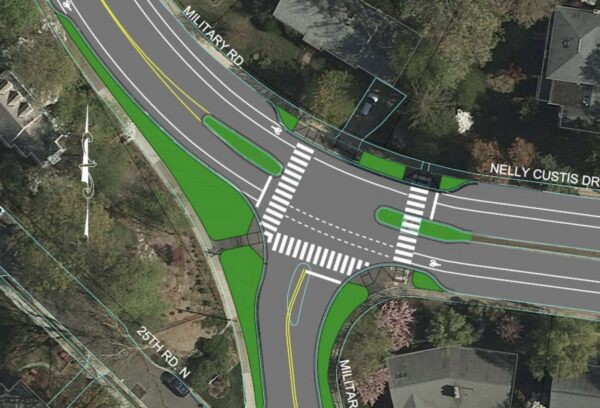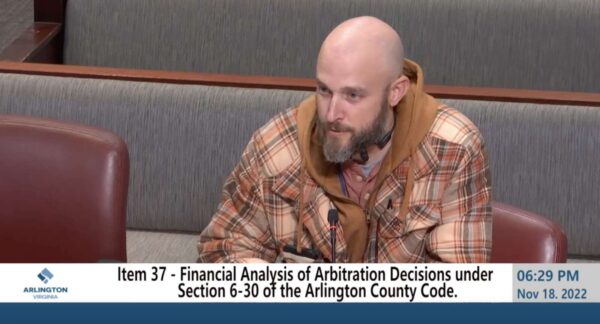
Arlington’s fire and police unions are poised to lose a battle to change the pay scale the county uses — one that union representatives say contributes to ongoing staffing shortages.
This year, the Arlington County Police Department has hired 29 officers and lost 52 officers, Arlington Coalition of Police (ACOP) President Randall Mason told the Arlington County Board in a meeting earlier this month. It will lose five more by February 2023.
“This is the worst staffing crisis we’ve had in 30 years,” Mason said. “Our overtime to make minimum staffing was at 7,000 hours in 2021. It’s on pace to break that this year. The year before that, it was 4,000 hours. We’re right on the verge of mandatory overtime.”
The attrition, due in part to burnout and low morale, has forced ACPD to scale back some services. Amid this trend, last summer the Arlington County Board voted to reinstate collective bargaining for the first time since the 1970s.
For ACOP and the International Association of Fire Fighters (IAFF) Local 2800, the vote meant a chance to renegotiate pay scale structures to keep officers from going to better-paying jurisdictions.
Currently, Arlington County uses an open-range system, which union reps say results in officers with less experience earning more than people of the same rank with more experience. In October, 204 out of 304 ACOP members were paid less than at least one person in their same rank with fewer years of service, Mason said.
“That’s a direct result of the open range system,” he said.
For this reason, ACOP and IAFF are asking for a step scale, which they say is used by most municipalities and more fairly rewards years of service. But this year, the unions and the county reached an impasse regarding this change, among others, and had to go to arbitration.
Unions asked the county to make the switch in one year — a pricy ask the county rejected due to inflation and high commercial vacancy rates putting pressure on its tax revenue and expenditures. ACOP estimates making the switch in one year for police would have cost the county $9 million.
“Just like the fire department, we shot too high,” Mason said. “[But] 66% of officers being paid in an unfair manner isn’t an aberration — it’s something that needs to be addressed.”
Arbiters sided with the county in both negotiations because making the change in one year would be financially unreasonable, but they did indicate their support for a step scale.
“Overall, the weight of the evidence supports the Union’s proposal to move to a step wage structure which will address the problem of salary compression and is in other comparable departments,” writes Samantha Tower, who was the arbiter for the negotiations with the fire department.
IAFF President Brian Lynch told the county Tower did not have the power to provide a middle-ground solution.
“She went out of her way to say there is a better path,” he said.
The Arlington County Board could make a decision on the public safety employee contracts next month. If members approve them as is, they would cement the current pay structures for three more years. The Board could also force county staff and unions to go back to the table and renegotiate.
That’s the path Lynch says he hopes the Board takes.
“With time, your support and the guidance that arbitrator provided… we can make the promise that collective bargaining holds for firefighters in the community we protect a priority we hope you join us in that effort,” he said.








